If not correctly maintained, body piercings can lead to infections, undesirable appearances, and rejection of foreign objects. Swelling, tooth fractures, and other issues may arise. Earlobe piercing can also result in minor illnesses, dermatitis, keloid formation, and tearing injuries.
To clean body piercings effectively, use warm water and an antibacterial cleansing agent like Phisoderm or bactine or liquid antibacterial soaps such as Dial, Lever 2000, or Softsoap.
Avoid scented products. If irritation occurs, dilute the solution with equal parts of water. This method promotes optimal cleanliness while protecting skin health.
In this blog post, we'll explore everything you need to know about cleaning and maintaining your body piercings, from the different piercings to the best cleaning methods and healing aids.
How To Clean Body Piercings: Step-by-Step Procedure
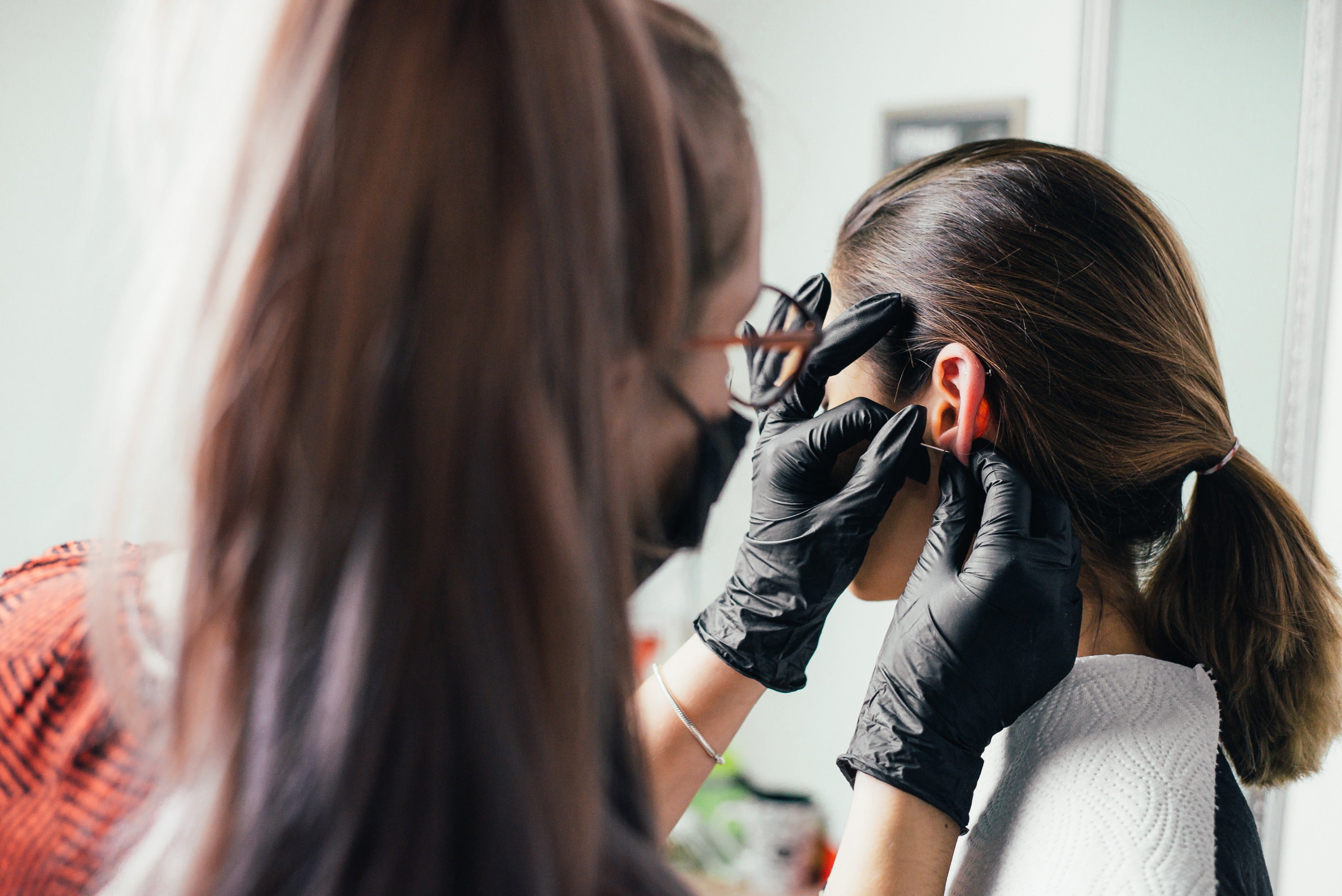
Regular cleaning of body piercings is essential to prevent infection and facilitate healing. Bacteria can accumulate around the piercing without proper hygiene, leading to complications and extended healing times. Here are some critical recommendations for cleaning body piercings:
Saline Solution
- Put a cotton swab or gauze in the saline solution.
- Gently clean around the piercing, ensuring the entire area is covered.
- Allow the area to air dry, or pat it dry with a clean paper towel.
Soap and Water
- Lather a mild, fragrance-free soap between your fingers.
- Gently cleanse the piercing and the surrounding area.
- Pat the area dry after thoroughly rinsing to remove soap residue.
Rinsing
- For certain piercings, a simple rinse with clean water can be effective. Use a clean cup or your hands to pour water over the piercing gently.

Recommended Cleaning Solutions
- Saline Solution: This is one of the most widely recommended cleaning agents for body piercings. Its gentle nature makes it suitable for most piercing types.
- Soap and Water: Mild, fragrance-free soap combined with water can also be used for cleaning, especially for piercings that are not as sensitive to soap.
Frequency of Cleaning
The frequency of cleaning should be tailored to the type and stage of healing of the piercing. Cleaning twice daily is recommended, but the piercing professional must be consulted and monitored for any signs of infection or irritation. Piercing professional and monitor the piercing closely.
Harsh Products
It's important to avoid using harsh or irritating products on body piercings, including:
- Rubbing alcohol.
- Hydrogen peroxide.
- Antibacterial hand sanitizers.
- Harsh soaps.
These products can disrupt natural healing and lead to irritation, dryness, and delayed healing.
The Healing Products for Piercings
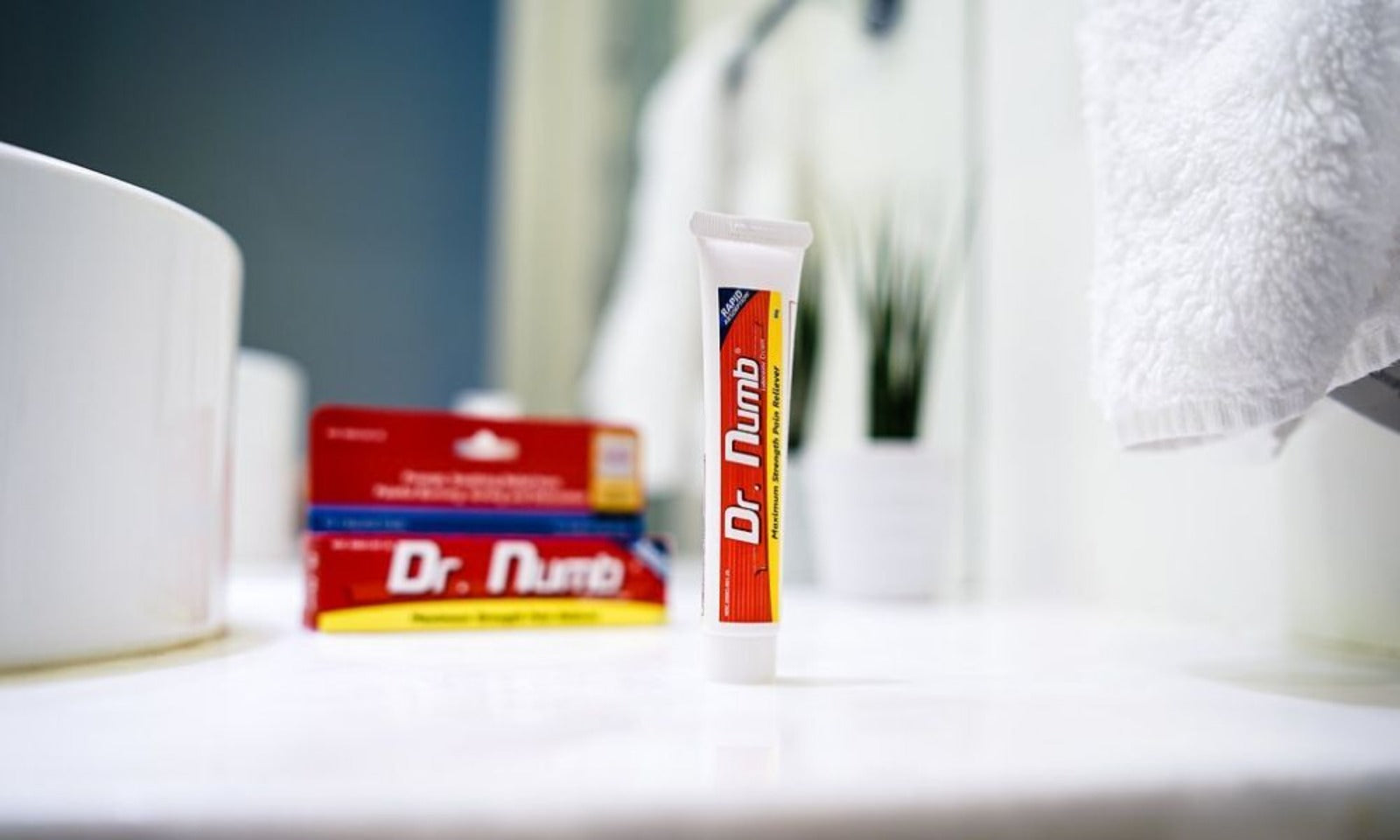
Proper care is everything for successfully healing your body piercing. This section will recommend top-quality products that significantly speed recovery while minimizing inflammation.
Healing Aids
You'll want to have some crucial healing aids on hand post-piercing. Here's what you should consider:
- Ointments: Healing compounds in ointments like Dr. Numb help soothe the skin and keep the piercing moist.
- Creams: Similar to ointments, these can ease pain, reduce inflammation, and encourage skin repair.
- Sprays: These create a protective barrier on the skin to prevent bacteria from entering the piercing site.
- Supplements: Vitamin C and zinc can also support skin health and enhance healing.
A commonly recommended option that suits nearly every type of piercing is the Dr. Numb cream, which provides a soothing effect while promoting recovery.
Using Healing Products Safely
When applying these healing aids, you will want to follow these general steps:
- Clean your hands thoroughly to prevent the spread of bacteria.
- Apply a small amount of the product to the piercing area.
- Rub gently and avoid touching the piercing itself.
- Let the product absorb into the skin.
Please remember, less is often more when applying these products. Over-application might trap bacteria against the skin and cause an infection.

Avoiding Allergic Reactions
While healing products can help recovery, certain ingredients can cause allergic reactions in some people. Ensure you read the ingredients list of the product you plan to use.
Common allergens such as tea tree, lavender, and nickel can cause unpleasant reactions. If you notice itching, redness, swelling, or discomfort at the piercing site after using the product, discontinue its use immediately.
Get Clean Body Piercings: A Healthy Lifestyle
Adjust your lifestyle accordingly to promote healing and minimize complications in body piercings. Clean and maintain your piercings, avoid irritating or damaging activities, and follow aftercare instructions from a professional piercer. Patience and diligence are key, so contact your piercer with any concerns.
Healing Activities to Avoid
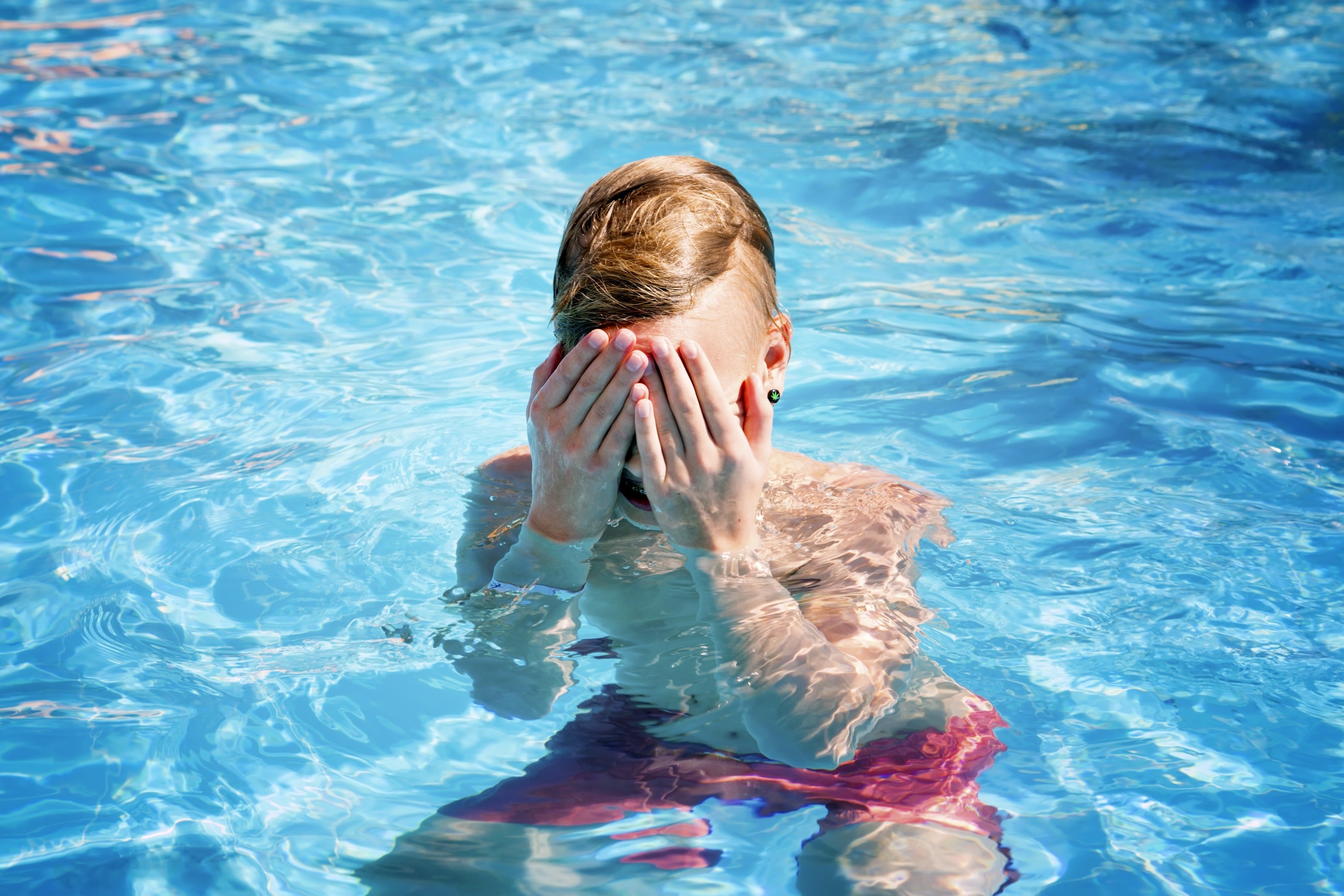
- Swimming: Chlorinated pools and natural bodies of water like lakes and oceans harbor bacteria and other pathogens that can infect the piercing site.
- Smoking: Tobacco smoke contains toxins and chemicals that can impede the body's ability to heal correctly, leading to delayed healing times and increased risk of infection.
- Drinking Alcohol: Alcohol consumption can thin the blood and impair the body's immune response, making it prone to infections and slower to heal.
- Touching the Piercing: Constantly touching or playing with the piercing introduces bacteria and dirt, increasing the risk of infection and irritation.
Tips on Protecting the Piercing from Trauma
Protect your piercing from trauma with these helpful tips. Follow proper aftercare instructions, including cleaning and avoiding excessive touching. In case of infection or complications, contact a professional piercer.
- Wear Loose Clothing: Tight clothing can rub against the piercing, causing irritation and slowing healing. Opt for loose, breathable fabrics to minimize friction.
- Sleep on a Clean Pillowcase: Dirty pillowcases can harbor bacteria and transfer them to the piercing site, increasing the risk of infection. Change your pillowcase regularly and opt for hypoallergenic materials.
- Avoid Contact Sports: Taking part in contact sports increases the risk of trauma to the piercing site, leading to complications such as tearing, bleeding, and migration.

Guidance on When to Seek Medical Attention
If your piercing shows any signs of infection, such as redness, swelling, pain, discharge (pus), or fever, it's essential to seek medical attention promptly. These symptoms show that the piercing may be infected, and delaying treatment can lead to more severe complications.
Conclusion
It is imperative to properly care for your body piercings to ensure their longevity and your overall well-being. You can effectively maintain the health, radiance, and allure of your piercings by implementing the tips and tricks above.
Ensure you diligently cleanse your hands before touching your piercings. Also, use mild cleaning products to avoid any potential irritations.
Nurturing your piercings is a commitment to embracing self-expression, so embrace them confidently and proudly. Do you have any personal tips or experiences to share? We eagerly await your comments.

![Body Piercing Cleaning: Step-by-Step Procedure & Proper Care [With A Healthy Lifestyle]](http://drnumb.com/cdn/shop/articles/How_To_Clean_Body_Piercings__3_Methods_DIY_Steps.jpg?v=1709210882&width=1100)
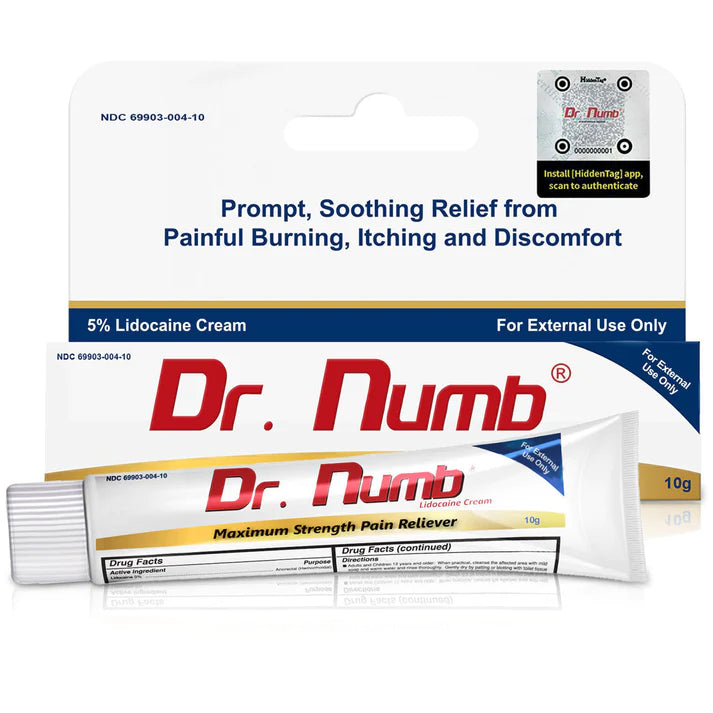



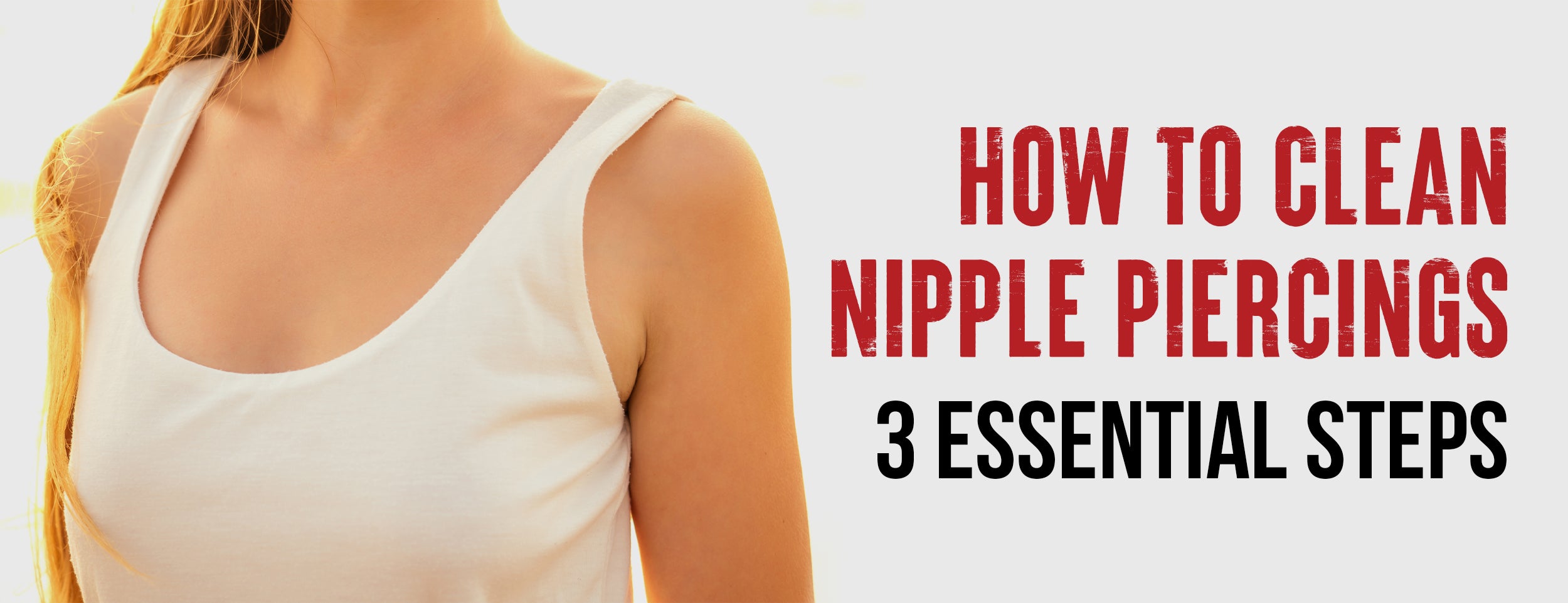
![The Recovery Time and Stages of Nipple Piercings [Best Practices]](http://drnumb.com/cdn/shop/articles/How_Long_Do_Nipple_Piercings_Take_To_Heal__3_Stages_Explained.jpg?v=1714373243)

